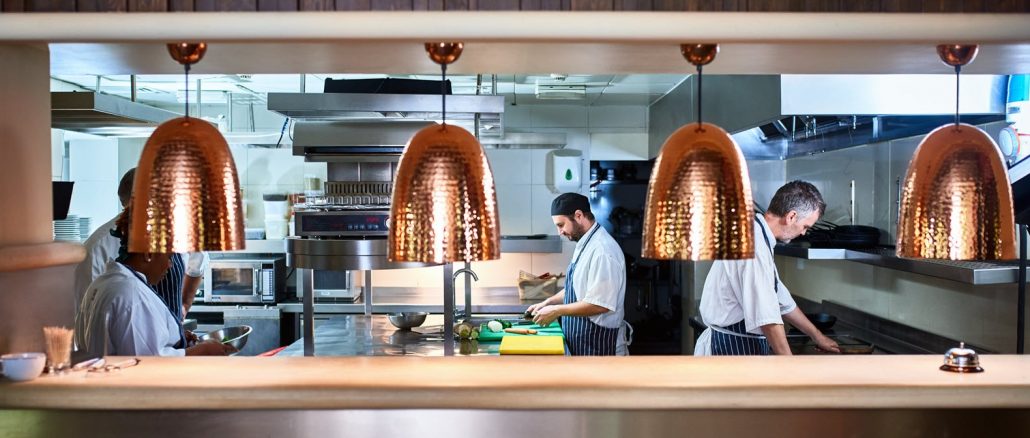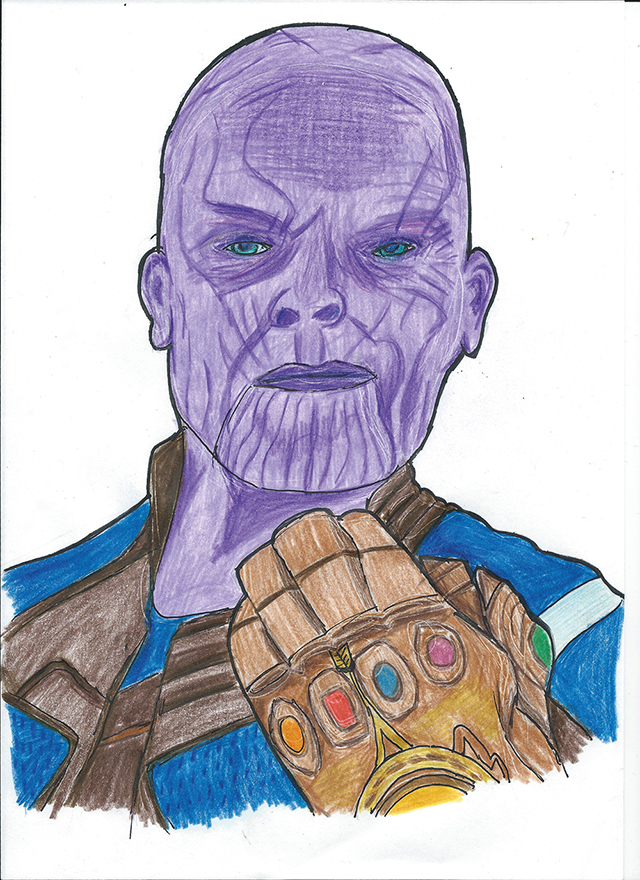
Finding staff is the biggest threat that the hospitality sector will face this year.
Paul Kelly, CEO of Failte Ireland said “After the incredibly difficult long closure period, tourism businesses were delighted to be able to reopen, however, this reopening has been exceptionally challenging for many businesses as they have been unable to capitalise on the available demand for their service due to staff shortages”.
Restrictions are ending and tourists are returning to Ireland, but our services are lacking. This is due to the pay being offered in the sector.
Staff is always coming and going in the sector, as they find better jobs, so the majority of people in the business are inexperienced. They are overworked and tired for a low wage.
Last month Failte Ireland conducted the most comprehensive survey to date on the labour market of hospitality sectors. The survey showed that post-pandemic 42% of employees receiving Pandemic Unemployment Payment (PUP) did not return to their original employee.
Prior to covid-19, the industry employed over 260,000 people, making it one of the largest employers and the greatest industry for the spread of regional economic activity. These numbers have largely decreased.
According to the survey, there are now thousands of workers forced to seek employment elsewhere, due to ongoing covid-19 restrictions in the hospitality industry over the past two years. With unstable work and pay, people are looking elsewhere for job opportunities.
88% of businesses surveyed are struggling to find chefs. This delayed the re-opening of many hospitality businesses throughout Ireland.
Peter Collins, general manager of the Plaza Academy Hotel in Dublin agreed that this was a major problem, stating “there are a lot of international chefs from outside Europe who are willing to come to Ireland, but the work permit process is time-consuming. This is something that certainly needs to be fast-tracked.”
Lecturer in culinary arts at TU Dublin Máirtín Mac Con Iomaire estimated 5,000 new chefs a year will be needed in Ireland to maintain a high level of service in the hospitality industry. He said there is a need for tourism bodies to begin training chefs and waiting staff to help the situation.
It is true that there should be more training provided to help the hospitality sector, however overall, the only major thing standing in the way is wages.
If the pay were better there would be more of an initiative for experienced staff to remain in the business. This would lead to a loyal workplace and a more positive work environment.
Understandably inflation is an issue right now for hospitality to pay bills, but it’s just not an excuse! Wages have been a problem in this industry for years, it’s only now that the struggle is being brought to the forefront.
The Services Industrial Professional and Technical Union (SIPTU) are currently calling on the sector to pay their employees more to avoid further shortages.
The service believes that the combination of low pay and poor working conditions are the cause of these shortages.
The SIPTU sector organiser, Denis Hynes explained that “Throughout the hospitality sector, including hotels, restaurants, and entertainment, there is an issue with the prevalence of low pay and poor working conditions”.
Tourism is ready to take over Ireland again, but staff remains an issue.
Louise Hickey



